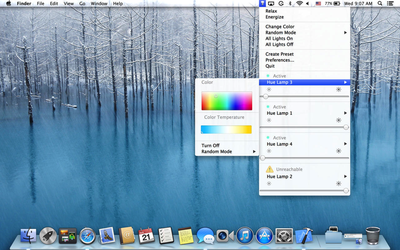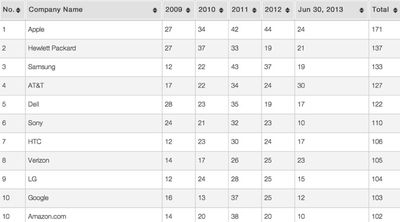Pioneer has announced the DDJ-WeGO2, the successor to its entry-level DJ controller for iOS devices. The new DJ controller includes features such as a grip for an iPhone or iPad with a Lightning cable included, as well as bundled copy of Virtual DJ LE and full support for Algoriddim’s popular music-mixing app Djay 2. The controller also comes with various jog wheels and a mixing console on the front of the device, as well as multi-color LED illumination and onboard audio.

Like its predecessor, the DDJ-WeGO2 offers advanced but easy to use functions and features that make the art of DJing fun and simple including Jog FX, Pulse Control, multi-color LED illumination, Virtual DJ™ Limited Edition DJ software for Windows® and Mac, and additional support for other DJ software such as Algoriddim's djay. The DDJ-WeGO2 adds quick connection with iPhone 5 and iPad using only the included Pioneer cable with Lightning connector1, and a Multi-purpose Grip that makes the controller easy to carry as well providing a convenient stand for compatible iOS devices.
The DDJ-WeGO2 will be available in white, black, and red models starting in October for $429.






 Users looking to exploit a vulnerability in the Sudo Unix command,
Users looking to exploit a vulnerability in the Sudo Unix command, 
 ESPN has added two new channels to its WatchESPN apps on the iPhone, iPad and Apple TV, according to an
ESPN has added two new channels to its WatchESPN apps on the iPhone, iPad and Apple TV, according to an 






 According to analyst Wanli Wang at CIMB Securities, as shared by
According to analyst Wanli Wang at CIMB Securities, as shared by 











